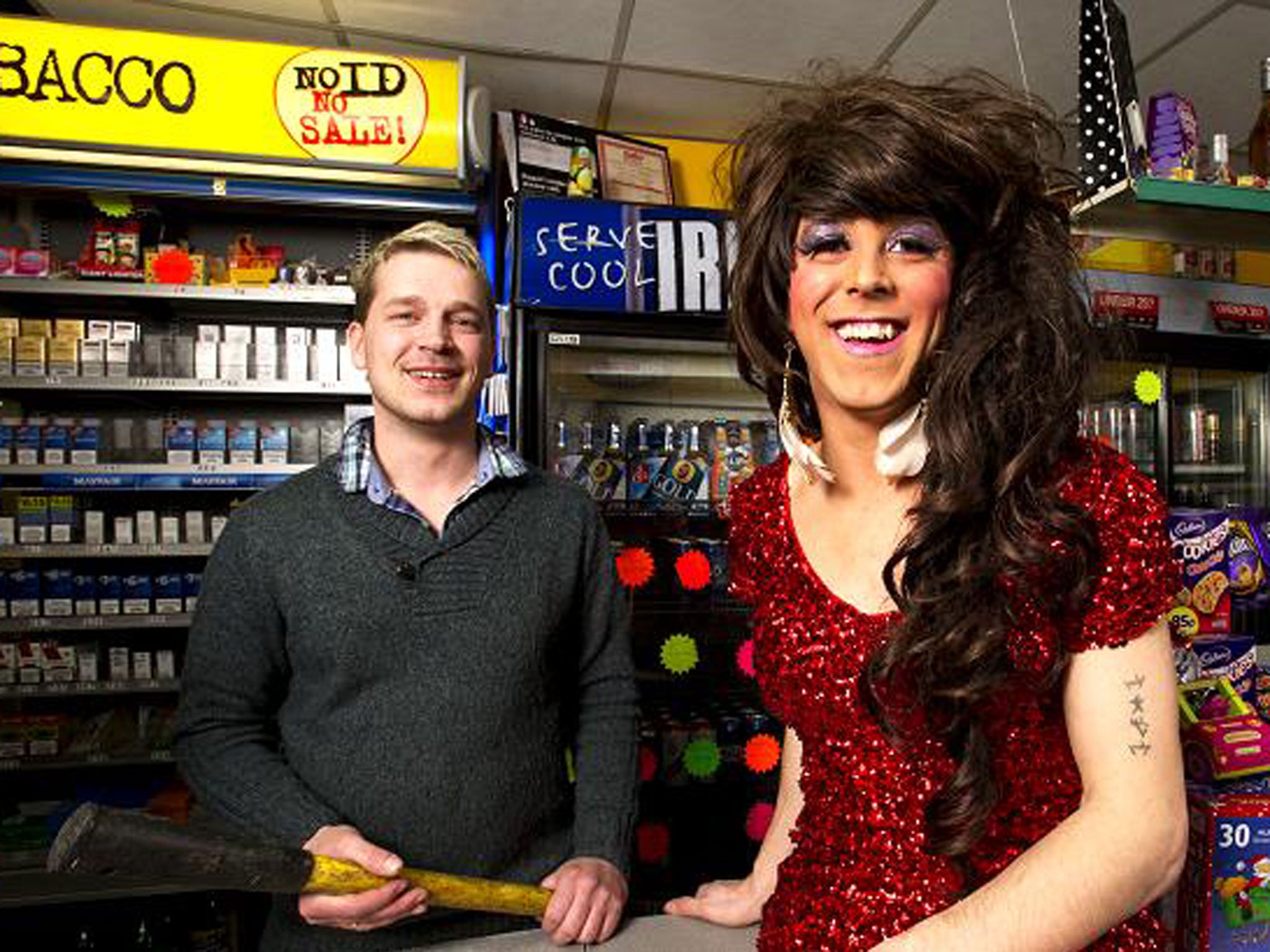BBC Three's new series People Like Us will remind you of Shameless. Only, this time it's real
The "characters" might feel shameless, but what about the TV viewers participating this act of voyeurism from the safety of their living rooms?


Your support helps us to tell the story
From reproductive rights to climate change to Big Tech, The Independent is on the ground when the story is developing. Whether it's investigating the financials of Elon Musk's pro-Trump PAC or producing our latest documentary, 'The A Word', which shines a light on the American women fighting for reproductive rights, we know how important it is to parse out the facts from the messaging.
At such a critical moment in US history, we need reporters on the ground. Your donation allows us to keep sending journalists to speak to both sides of the story.
The Independent is trusted by Americans across the entire political spectrum. And unlike many other quality news outlets, we choose not to lock Americans out of our reporting and analysis with paywalls. We believe quality journalism should be available to everyone, paid for by those who can afford it.
Your support makes all the difference.Oh, how we laughed when Frank Gallagher in the TV series Shameless was lying drunk and comatose on his sitting room floor and his family were throwing things at him. And how we revelled in the Rabelasian adventures of the Gallagher family as they ran amok in the fictional Chatsworth estate in Manchester. Shamless was a rich, life-affirming drama created by the master playwright Paul Abbott and its appeal was such that it was translated into many languages, including American. It was also the vehicle for some magnificent acting performances, including Paul Threlfall as Frank, Anne-Marie Duff (as his daughter) and James McAvoy (her boyfriend), and empathetically captured the mixture of nihilism and hedonism among Chatsworth's inhabitants that Abbott said he'd witnessed first hand while growing up.
Shameless has disappeared from our lives, but those of us who caught a new BBC3 series last week must have thought for a minute that it had been exhumed. This particular programme was called "People Like Us", and it also depicted the lives of a group of people in a poor area of Manchester. The difference is that this show is real: the characters speak their own words, and however chaotic, disordered and unfortunate their lives, they continue that way after the cameras have finished rolling.
It has been billed as "the real-life Shameless", which may explain my feelings of uneasiness about this programme, and, by extension, its fictional predecessor. Among the things we loved about Shameless was its element of burlesque, its sense of caricature, and its...well, fiction: it was scarcely more believable than an urban myth. It made us laugh, and sometimes cry, but it didn't really make us think too hard about the social deprivation that was there as a backdrop to the action. People Like Us, however, presents more of a challenge.
Abbott would probably have rejected as too fantastical the characters on show here. Like the two homosexuals, Paul and Paul - one of whom is a drag queen with a mission to popularise cross-dressing among the locals - who run the convenience store. Or the young man with a drink problem who says that a bottle of strong cider first thing in the morning is the only thing that makes him feel normal, and who is living with a post-op transsexual twice his age. Or the pudding-faced market worker who fancies himself as a matinee idol and behaves with breath-taking disregard to his dentally-challenged girlfriend. But there's nothing made up about these people, or their lives.
So what is the viewer supposed to make of it all? To begin with, the title is misleading. People like us? I don't think so, comes the reply from the sitting rooms of Britain. The programme is effectively a window into another world, so the audience is set up to feel voyeuristic and superior, and our impulses - oh, how full of life and fun these people are - cannot fail to be patronising. I was rather puzzled by the end of it. It was, in its way, engrossing television, but it gave rise to an unsettling thought. Were we meant to believe that this was, just like Shameless, a harmless bit of fun?
Join our commenting forum
Join thought-provoking conversations, follow other Independent readers and see their replies
Comments